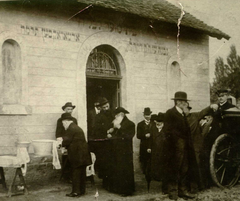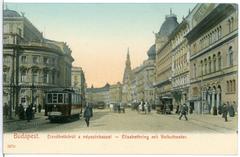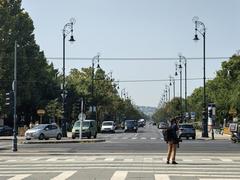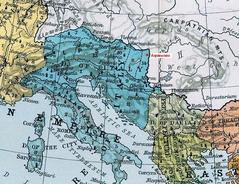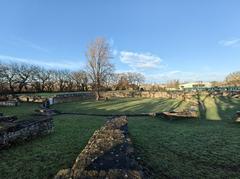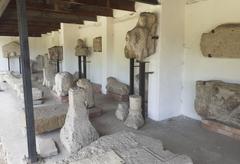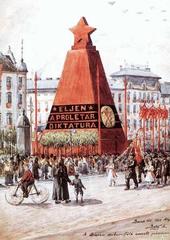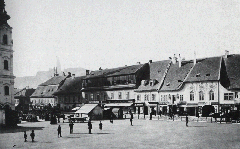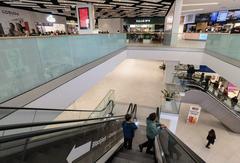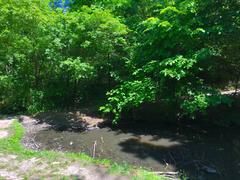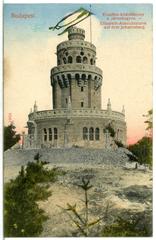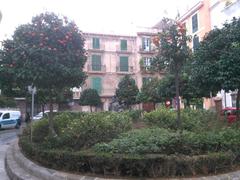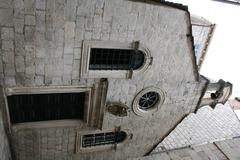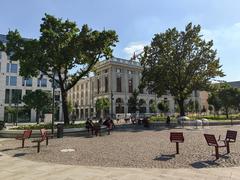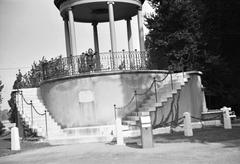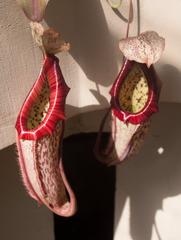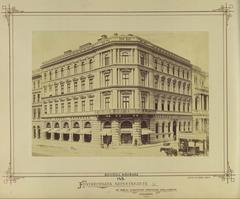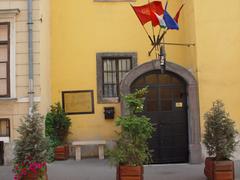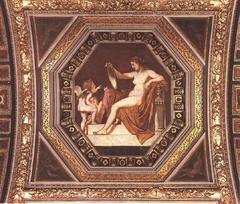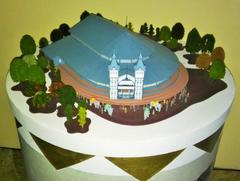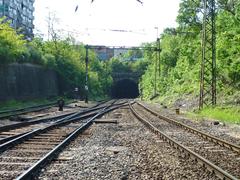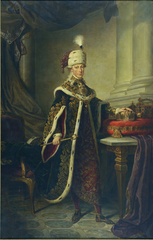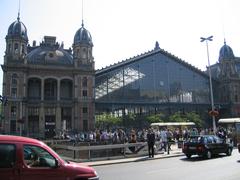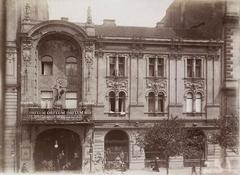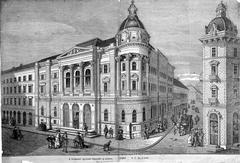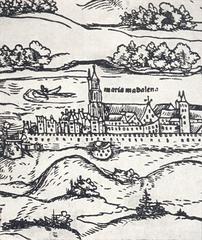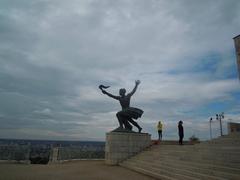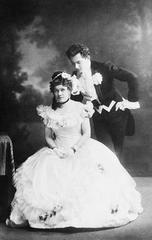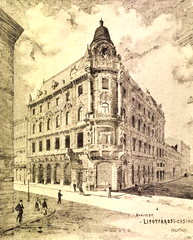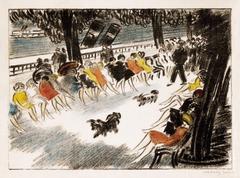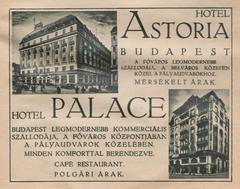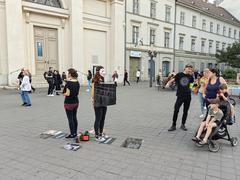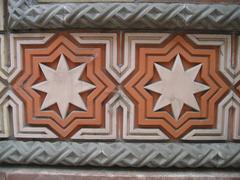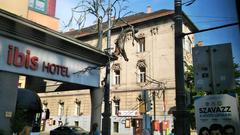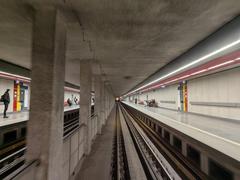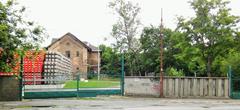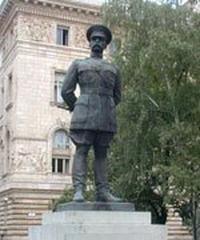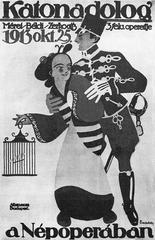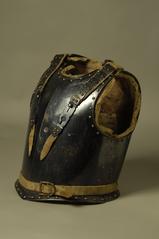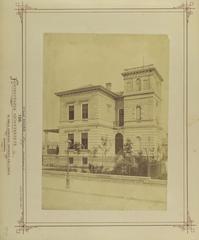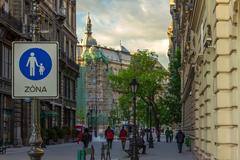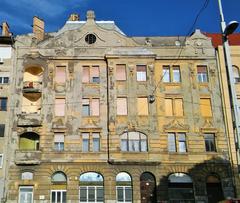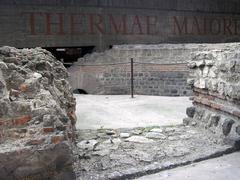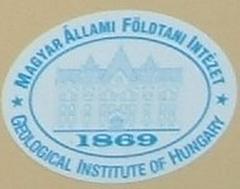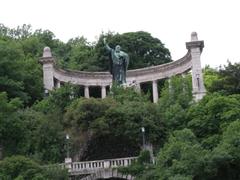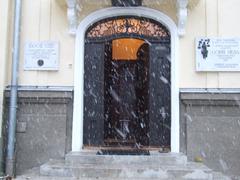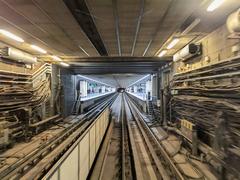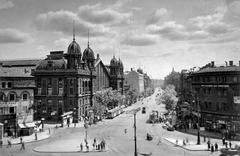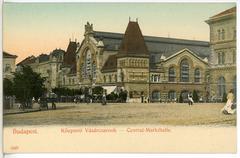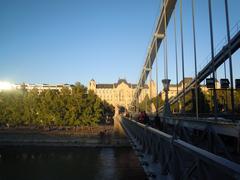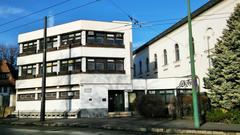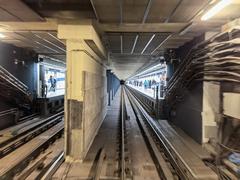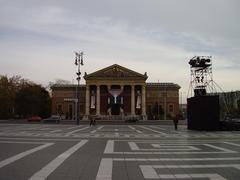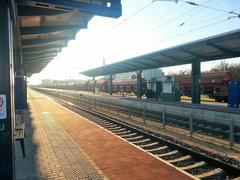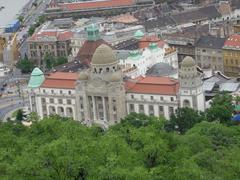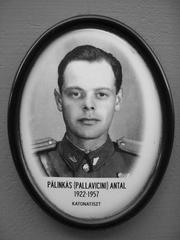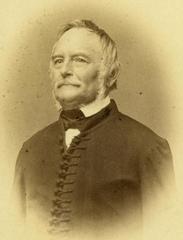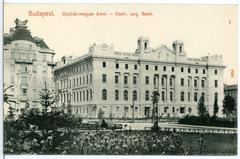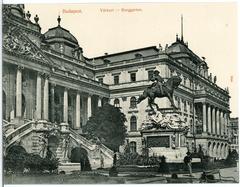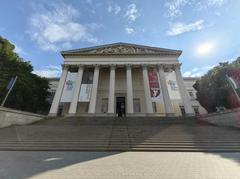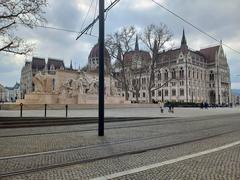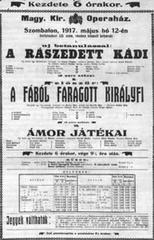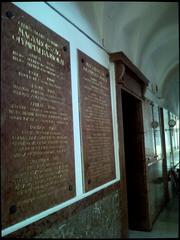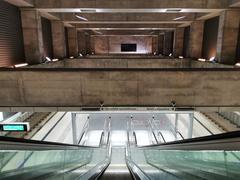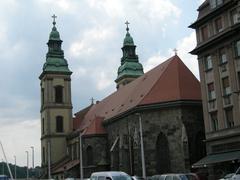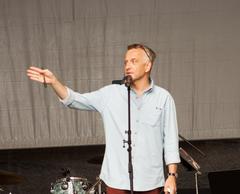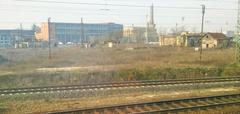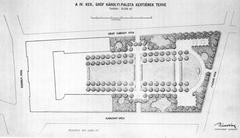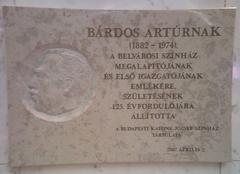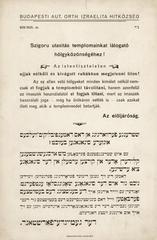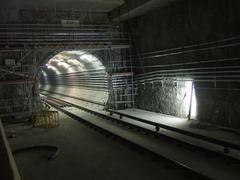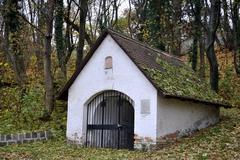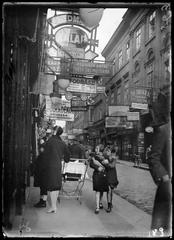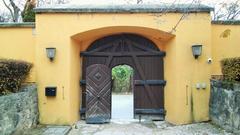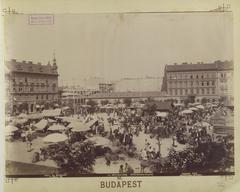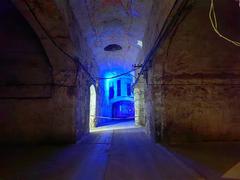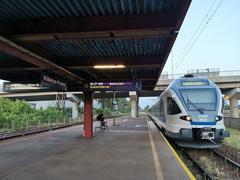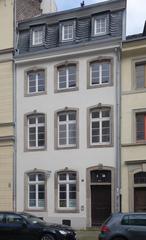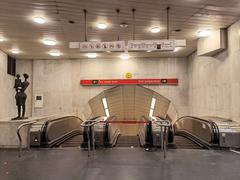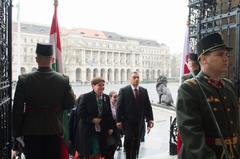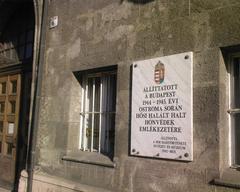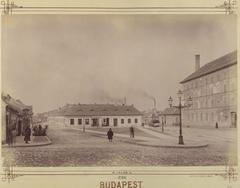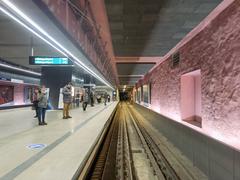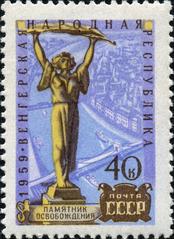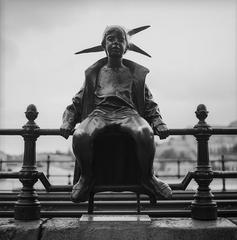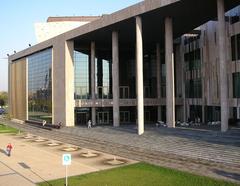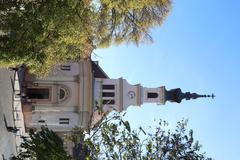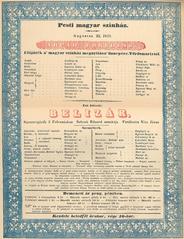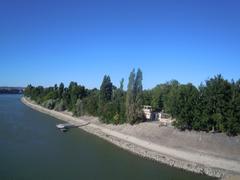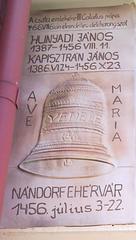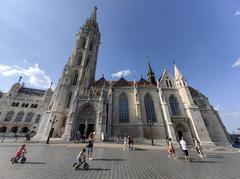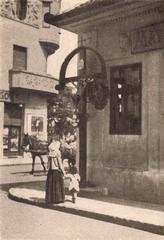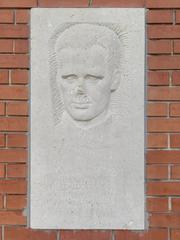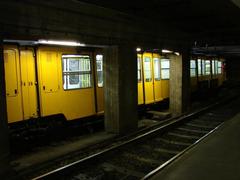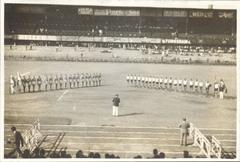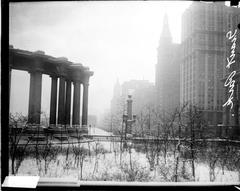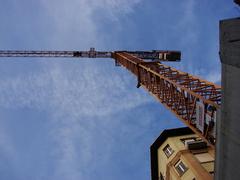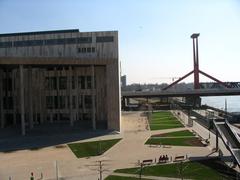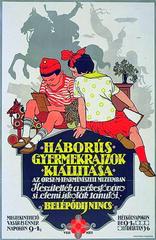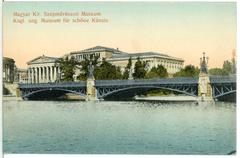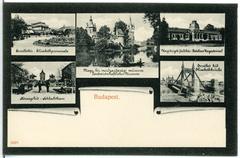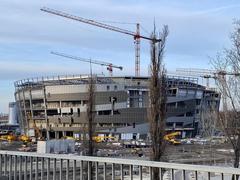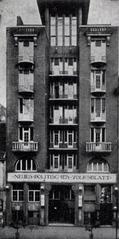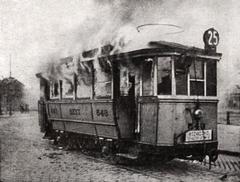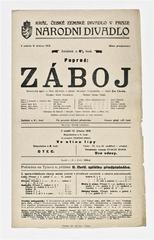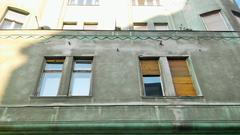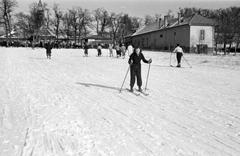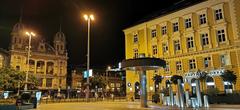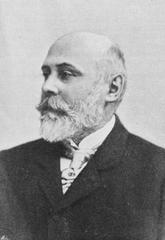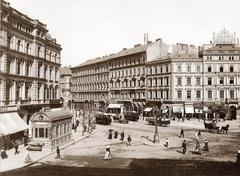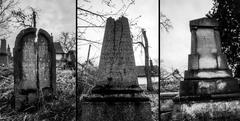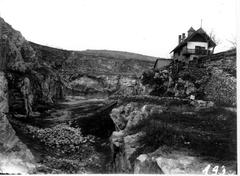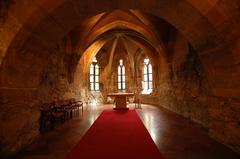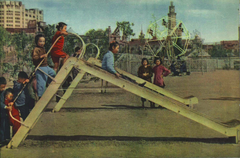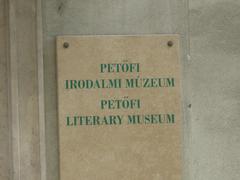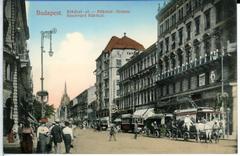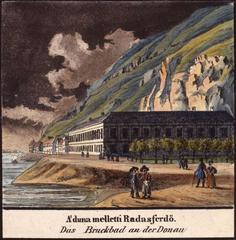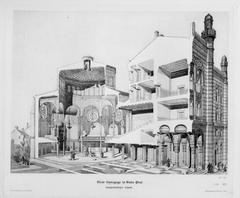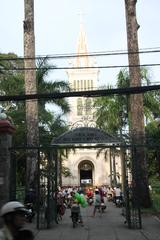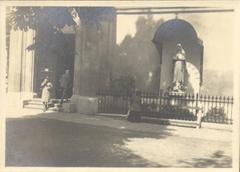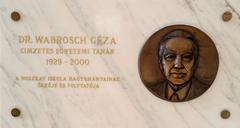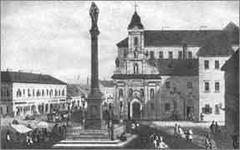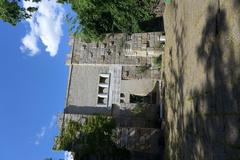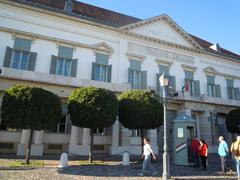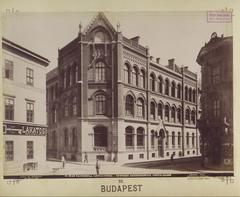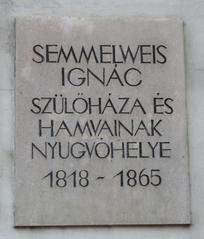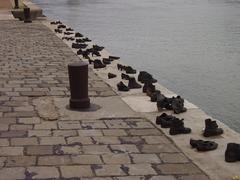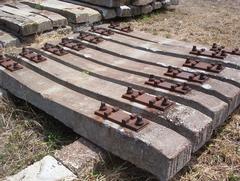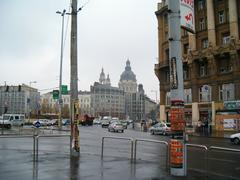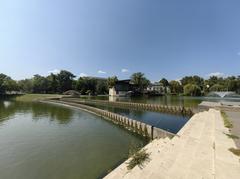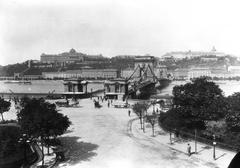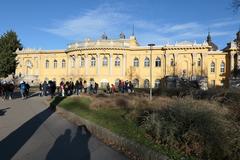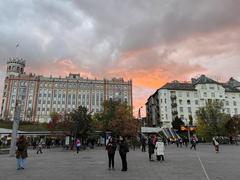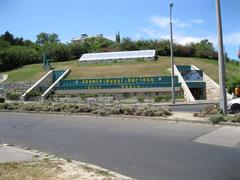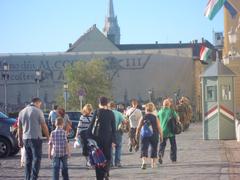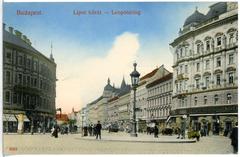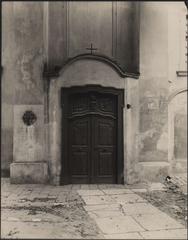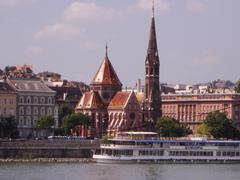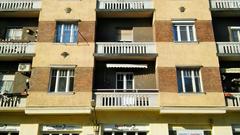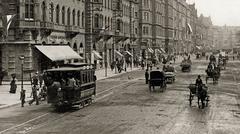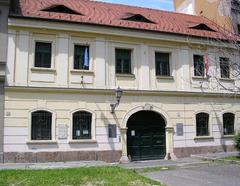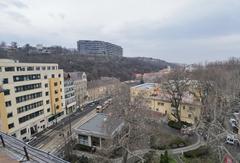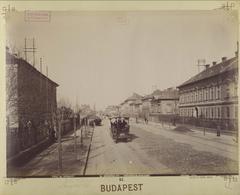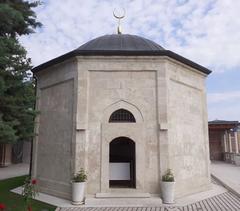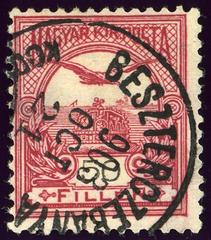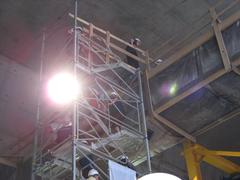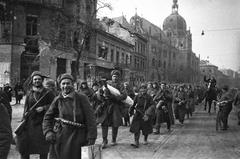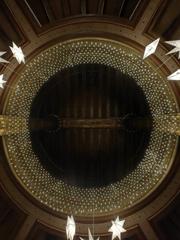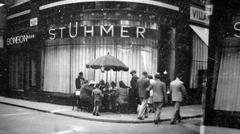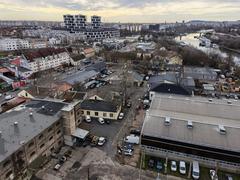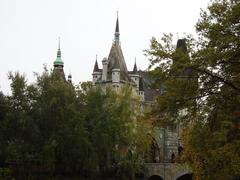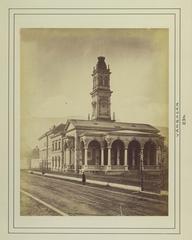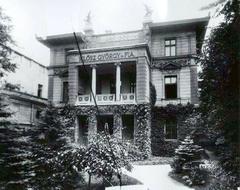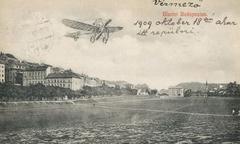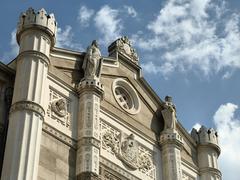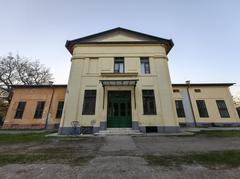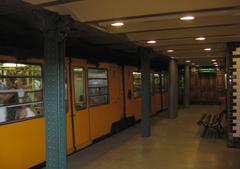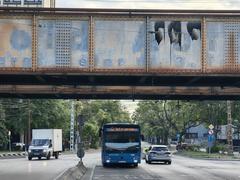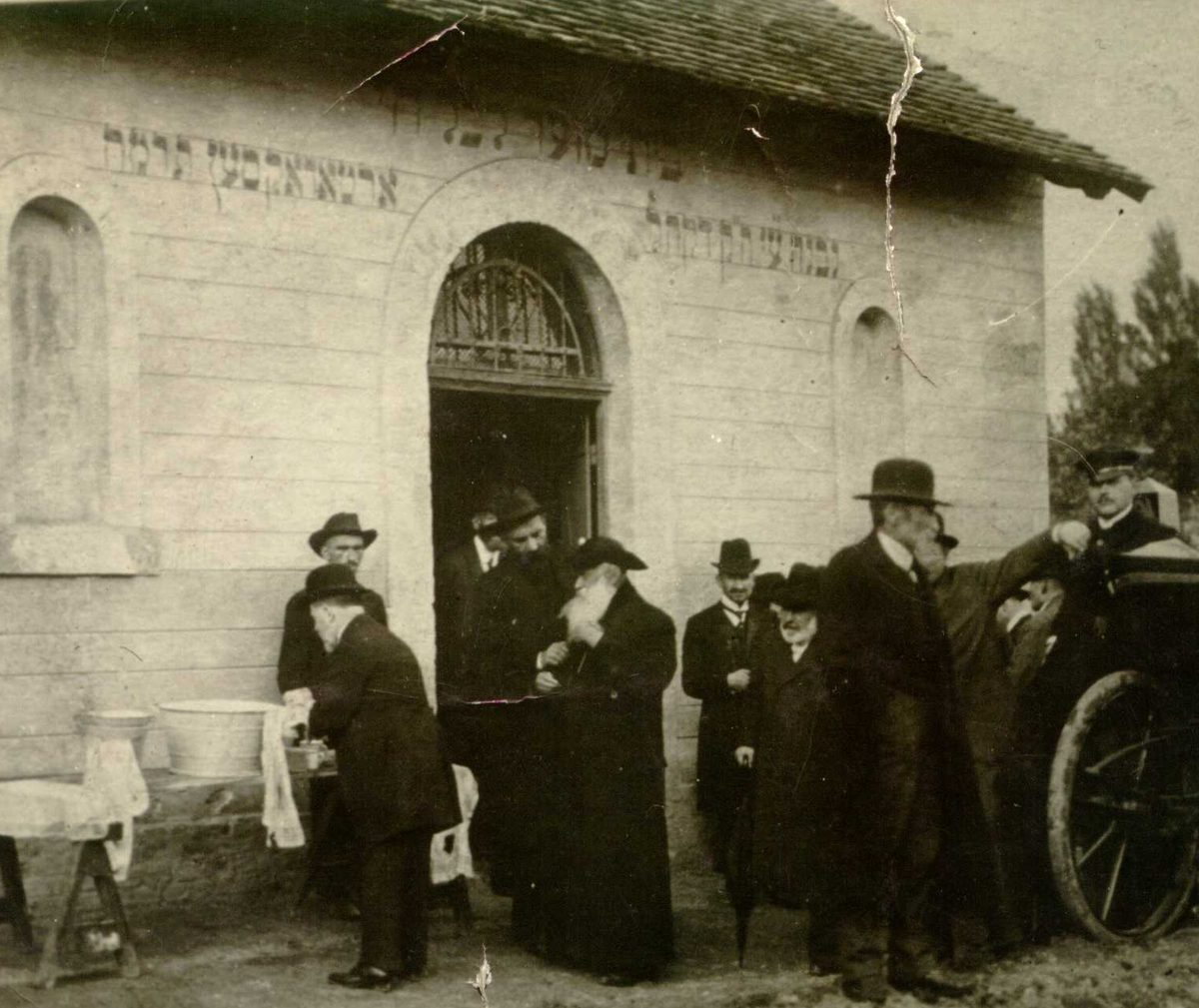
Csörsz Street Jewish Cemetery Budapest: Visiting Hours, Tickets, and Historical Significance
Date: 15/06/2025
Introduction
The Csörsz Street Jewish Cemetery (Csörsz utcai zsidó temető), located in Budapest’s 12th district on the Buda side, is one of the city’s most significant Orthodox Jewish burial grounds. Established in the late 19th century, the cemetery stands as a testament to the resilience, traditions, and enduring legacy of Budapest’s Jewish community. Its serene atmosphere, historical gravestones, and poignant memorials offer visitors a reflective space and invaluable insight into Hungary’s Jewish heritage. This detailed guide provides all essential information for visitors, including history, architecture, visiting hours, ticketing, etiquette, and practical travel tips.
For further information and arrangements, consult the Budapest Jewish Community, Jewish Heritage Europe, and the MAOIH Official Cemetery Information.
Table of Contents
- Historical Context
- Architectural Features
- Visitor Information
- Unique Features and Points of Interest
- Visitor Experience
- Research and Genealogy
- Comparison with Other Jewish Heritage Sites
- Preservation and Community Engagement
- Frequently Asked Questions (FAQ)
- Conclusion
- References and Further Reading
Historical Context
Establishment and Early Years
Founded in 1886–1887, the Csörsz Street Jewish Cemetery was established by the Orthodox Jewish community to serve Budapest’s growing Jewish population, especially after the city’s unification and rapid expansion (Jewish Heritage Europe). The cemetery’s creation reflected both religious requirements and the modern trends in cemetery design of the era.
Role During the 20th Century
Throughout the 20th century, the cemetery became the final resting place for many prominent rabbis, scholars, and community leaders. During World War II and the Holocaust, Csörsz Street became a site of deep remembrance, with several memorials commemorating victims of atrocities, including those murdered by the Arrow Cross regime (Hungarian Jewish Museum and Archives). The cemetery ceased new burials in 1961, symbolizing both the demographic shifts and the community’s commitment to preserving the sanctity of the site (Kosher Delight).
Cultural and Religious Significance
The cemetery is managed by the Orthodox community and embodies traditional Jewish burial customs. Tombstones bear inscriptions in Hebrew and Hungarian, and the grounds host memorials and family plots that chronicle the evolution of Jewish life in Buda. The site remains an active place of memory, education, and community connection (Budapest Jewish Community).
Architectural Features
Layout and Design
The cemetery covers approximately 2.5 hectares and follows an orderly grid layout, with sections organized by family or congregation. The dignified entrance is marked by Hebrew inscriptions and Jewish symbols, while mature trees and greenery create a peaceful environment (Wikimedia Commons).
Tombstones and Monuments
Gravestones range from simple markers to elaborate monuments, featuring traditional Jewish symbols such as the Star of David, Cohen hands, Levite pitchers, and candlesticks. Family plots are sometimes enclosed with wrought iron, reflecting late 19th-century Art Nouveau and Neo-Classical influences.
Memorials and Notable Graves
The cemetery contains several important memorials, including one honoring the victims of the 1945 Buda massacre at Városmajor Street Hospital (MAOIH). Notable graves include those of Rabbi Blum Ben-Zion, Orthodox Chief Rabbis József Czitron and Márton Weisz, and other influential community leaders.
Visitor Information
Hours and Tickets
- Opening Hours: Generally open Monday to Friday, 8:00–16:00 (may vary by season or special events). Closed on Saturdays (Shabbat) and Jewish holidays (Offbeat Budapest).
- Admission: Free of charge; donations for maintenance and preservation are appreciated (Friends of Jewish Cemetery).
- Guided Tours: Not regularly scheduled but can be arranged through local Jewish organizations or heritage tour operators (GuruWalk).
How to Get There
- Address: Csörsz utca 12, 1124 Budapest, Hungary
- Public Transport: Accessible via tram lines 59 and 61 (Csörsz utca stop), and several bus routes serving the Hegyvidék district.
- Parking: Limited in the residential neighborhood; public transport is recommended.
Accessibility
The cemetery’s paths are mostly unpaved and can be uneven, especially in wet weather. Wheelchair access is limited and assistance may be necessary.
Etiquette and Respectful Practices
- Dress Code: Modest attire is required. Men should wear head coverings.
- Behavior: Maintain a quiet, respectful demeanor; eating, drinking, and loud conversation are discouraged.
- Photography: Permitted for personal use, but avoid photographing mourners or ceremonies.
- Rituals: Visitors may place a small stone on graves in accordance with Jewish custom (Reddit: Proper etiquette at a Jewish cemetery).
Unique Features and Points of Interest
Orthodox Burial Traditions
The Csörsz Street Cemetery strictly follows Orthodox practices. Unlike Neolog cemeteries, there are no stone slabs covering the graves—only earth burials, in line with halachic requirements (MAOIH). The ceremonial house, built in 1927, is divided for men, women, and central funeral rites.
Memorials
The cemetery features a prominent memorial for Holocaust victims and those murdered by the Arrow Cross, as well as gravestones of key religious and community figures.
Visitor Experience
Expect a tranquil, contemplative atmosphere, shaded by mature trees and marked by modest gravestones. The site is less frequented than Pest’s Jewish Quarter, offering a unique, intimate perspective on Budapest’s Jewish past (Budapest Tours).
Research and Genealogy
The cemetery is a valuable resource for genealogists. The Friends of Jewish Cemetery maintain an online, searchable burial database. Visitors seeking specific graves should consult this resource or contact cemetery administration in advance.
Comparison with Other Jewish Heritage Sites
- Dohány Street Synagogue: Europe’s largest synagogue, located in Pest, with a Holocaust memorial cemetery (All Things Budapest).
- Kozma Street and Salgótarjáni Street Cemeteries: Noted for grand architecture and larger Neolog communities.
- Óbuda Synagogue: Represents the earliest Jewish presence in Budapest on the Buda side (Budapest by Locals).
Csörsz Street offers a quieter, more personal experience, focused on Orthodox tradition and genealogy.
Preservation and Community Engagement
Ongoing restoration is managed by the Budapest Jewish Community and supported by heritage organizations. Preservation efforts focus on maintaining gravestones, improving access, and supporting educational programs. Donations and respectful visitation help sustain the site for future generations.
Frequently Asked Questions (FAQ)
Q: What are the opening hours of Csörsz Street Jewish Cemetery?
A: Typically Monday to Friday, 8:00–16:00; closed on Saturdays and Jewish holidays. Confirm current hours before visiting.
Q: Is there an admission fee or are tickets required?
A: Admission is free; donations for upkeep are welcome.
Q: Are guided tours available?
A: Not regularly onsite, but can be arranged via local Jewish organizations.
Q: Is the cemetery wheelchair accessible?
A: Accessibility is limited due to unpaved, uneven paths.
Q: Can I take photographs?
A: Yes, for personal use, but please be respectful and avoid photographing mourners or ceremonies.
Conclusion
The Csörsz Street Jewish Cemetery is a vital and poignant landmark reflecting the depth and diversity of Budapest’s Jewish history. Its tranquil grounds, traditional Orthodox customs, and enduring memorials provide visitors with a unique window into the city’s religious and cultural legacy. Whether for reflection, historical interest, or genealogical research, a visit to this cemetery enriches any exploration of Budapest’s Jewish heritage. Always check current opening hours, consider arranging a guided tour, and support preservation efforts through respectful visits and donations.
For more information and updates on visiting Budapest’s historical Jewish sites, follow us on social media and download the Audiala app for tailored travel guides and news.
References and Further Reading
- Jewish Heritage Europe: Visiting Csörsz Street Jewish Cemetery in Budapest
- Kosher Delight: Hungary Jewish Cemeteries
- Budapest by Locals: Jewish Budapest Tours
- MAOIH: Official Cemetery Information
- Friends of Jewish Cemetery, Budapest
- Hungarian Jewish Museum and Archives
- Wikimedia Commons: Csörsz Street Jewish Cemetery Photos
- Offbeat Budapest – Jewish Cemeteries
- Budapest Tours – Jewish Cemeteries
- GuruWalk – Jewish Quarter Tours
- Reddit: Proper Etiquette at a Jewish Cemetery
